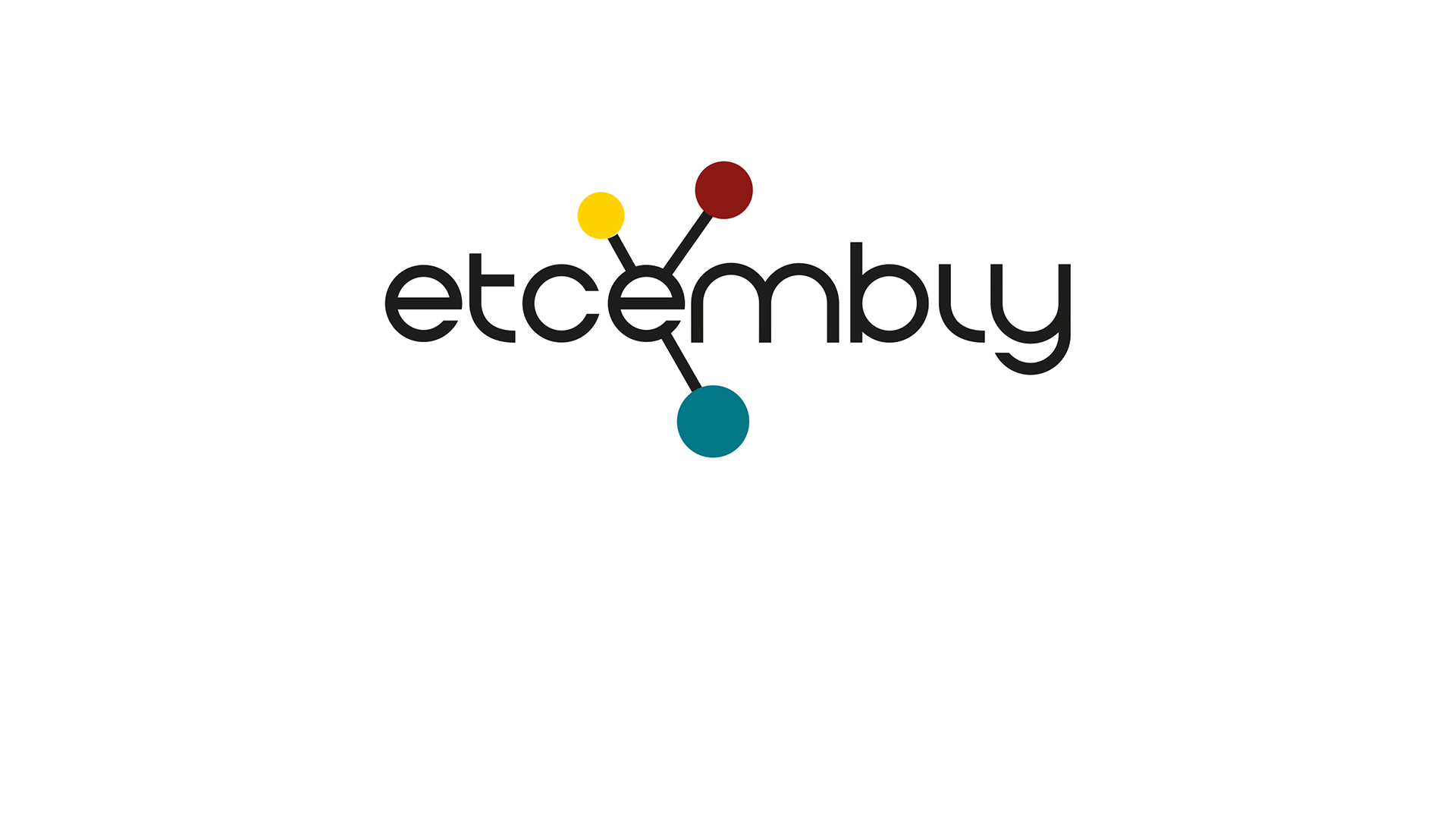
Etcembly reveals world’s first immunotherapy drug designed using generative AI technology
Researchers at British biotech company Etcembly, based at Harwell Campus, have successfully used ChatGPT-inspired generative AI to design a new immunotherapy drug for cancer. This is the first time such technology has been used in this way.
Known as a bispecific T cell engager, the drug is based on naturally-occurring molecules known as T cell receptors (TCRs) that bring immune ‘killer’ T cells into contact with cancer cells to destroy them. However, natural TCRs have low affinity for cancer cells, and can also recognise targets on healthy cells. Significant molecular engineering is therefore needed to create TCRs with sufficient sensitivity and selectivity to be used as drugs.
At the heart of the discovery is EMLy™ – a sophisticated supercomputer that uses cutting-edge machine learning algorithms to scan through huge datasets to learn the ‘language’ of TCRs and find the best receptor for a given target.
A generative large language model (LLM) similar to ChatGPT is then used to ‘rewrite’ the genetic code for the TCR in order to make it as effective as possible. Finally, this code is validated experimentally in the lab where it is used to make real life TCR-based drugs for testing.
The new therapy, ETC-101, is designed to target PRAME – a molecule that is present in many cancers with poor survival rates. The current lead drug binds to PRAME with a million-fold greater affinity than a natural TCR but does not bind to any cells in healthy tissue, suggesting that it should be highly potent with few side effects. This has been achieved in just 11 months, compared with more than two years for conventional TCR discovery and engineering processes.
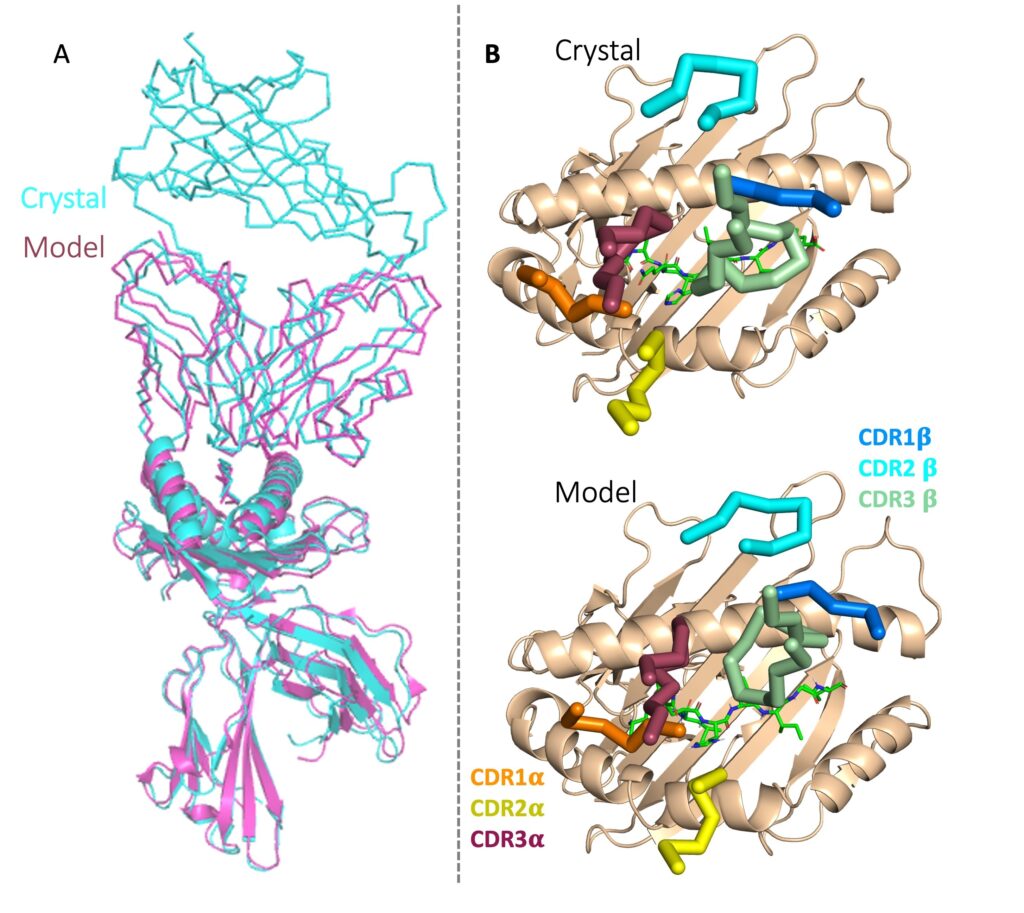
T cell receptor (TCR) structures predicted by EMLy™ (Model) and actual crystal structures (Crystal) show strong overlap, highlighting the precision of Etcembly’s approach in supporting rapid engineering of high affinity TCRs
As a next step, the Etcembly team will be further testing ETC-101 in the lab to ensure that it is safe and effective, and hope to take it into clinical trials in 2025. They are also developing new immunotherapy drugs for other types of hard-to-treat cancer, such as melanoma and lung cancer, as well as autoimmune diseases like arthritis.
Etcembly’s game-changing AI technology is breaking through the barriers holding back the discovery and engineering of TCR candidates, accelerating the development of high-quality, potent and safe immunotherapies.
Co-founder and CEO Michelle Teng, says, “Etcembly was born from our desire to bring together two concepts that are ahead of the scientific mainstream – TCRs and generative AI – to design the next generation of immunotherapies. It’s a real testament to the tenacity of our team and our technology that we’ve generated a robust pipeline with first-in-class applications within a few years, and I’m excited to take these assets forward so we can make the future of TCR therapeutics a reality and bring transformative treatments to patients.”
Bent Jakobsen, a renowned immunotherapy pioneer and Etcembly board member, says, “Having headed up the development of TCR therapeutics for many years, it’s exciting to see a new platform with such power to deliver and engineer these therapies. I believe TCRs have the potential to become a prominent drug class but it has been hampered by the difficulties involved with the huge complexities of the system. Etcembly’s breakthrough technologies sweep aside these hurdles and will undoubtedly lead to a game-changing acceleration of the TCR field.”
Visit etcembly.com to learn more.
-
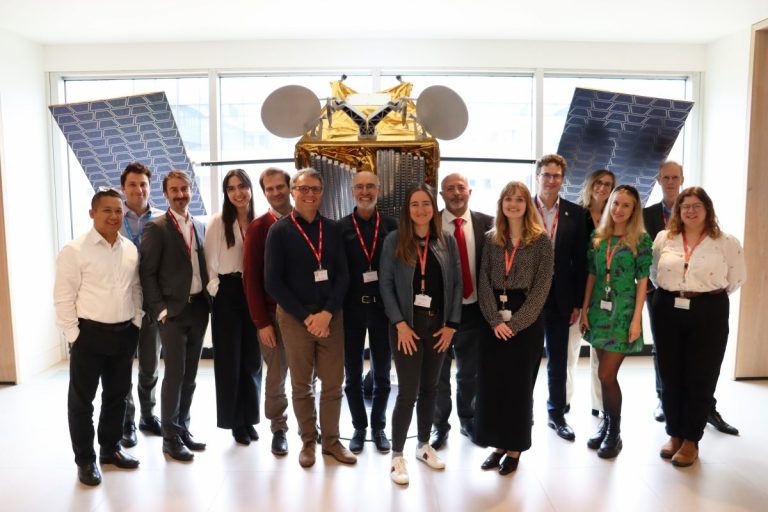
Astroscale UK Secures £11.78 million for Final Phase of ELSA-M In-Orbit Demonstration
Astroscale, based at Harwell Campus, has secured EUR 13.95 million (approximately USD 15 million or GBP 11.78 million) from the UK Space Agency and the European Space Agency (“ESA”) to support the final phase of the End-of-Life by Astroscale-Multiple (ELSA-M) in-orbit demonstration The funding was released following the securing of the contract with Eutelsat OneWeb in the…
-
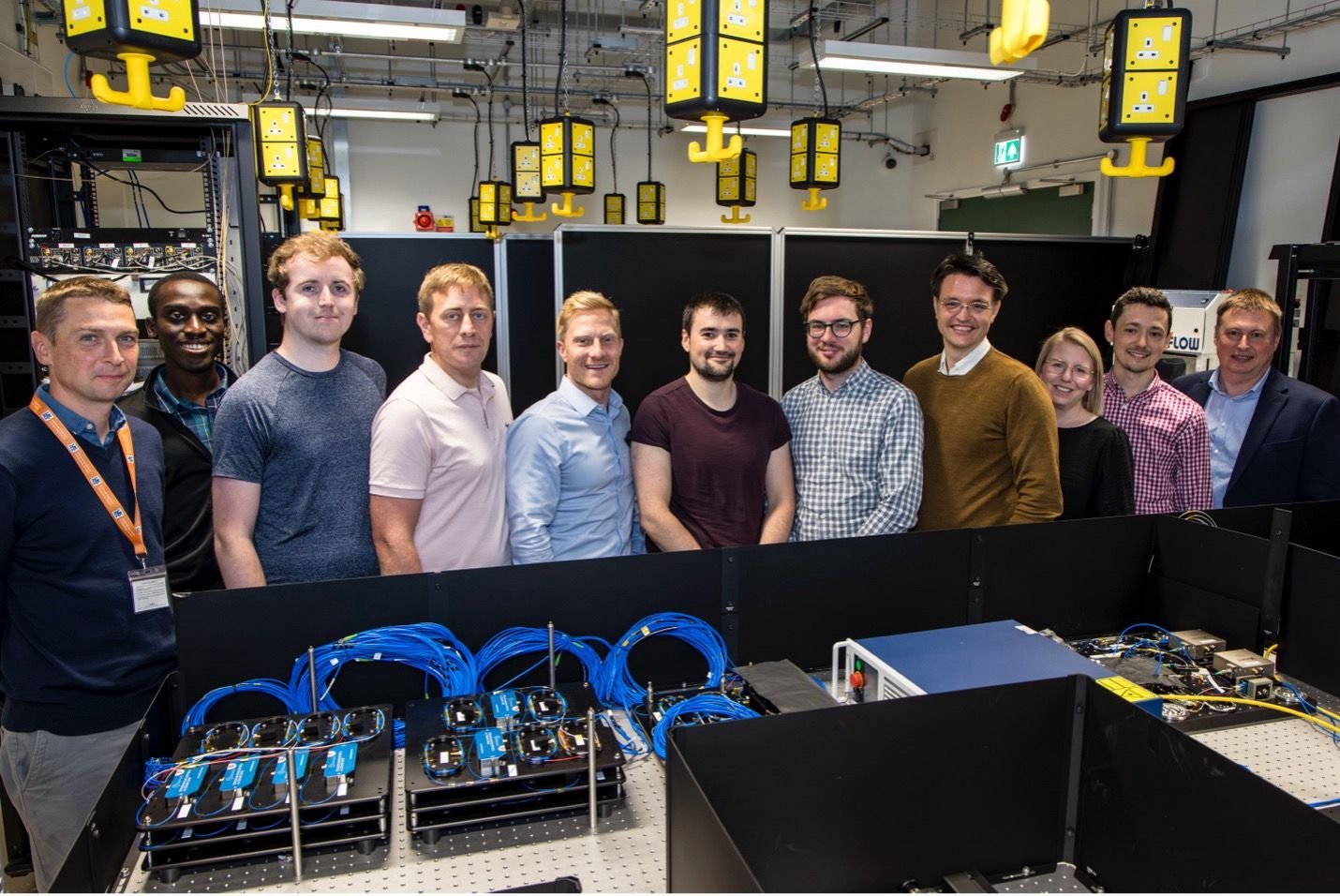
Infleqtion to install quantum hardware at UK’s National Quantum Computing Centre
Quantum component manufacturer Infleqtion is to install a neutral atom quantum computer at the National Quantum Computing Centre (NQCC) at Harwell Science and Innovation Campus Infleqtion will be the first company to deploy hardware at the NQCC, as part of the center’s quantum testbed program. The news comes on the heels of Infleqtion’s rapid advancement…
-
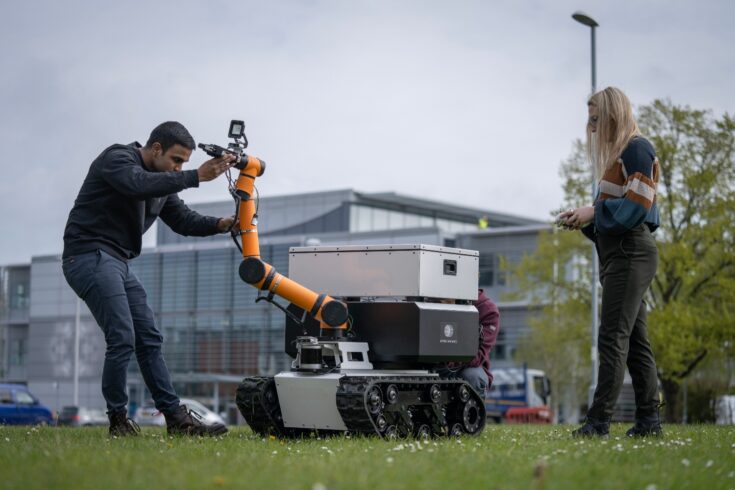
Oxford Dynamics secures £1 million contract with MOD to develop intelligent robot
Pioneering start-up, Oxford Dynamics, based at Harwell Campus, is developing an advanced mobile AI robot that can replace people as the first point of contact in a hazardous incident, such as a chemical or biological incident. Designed specifically for use by the Department for Environment, Food and Rural Affairs, the robot will operate beyond an…